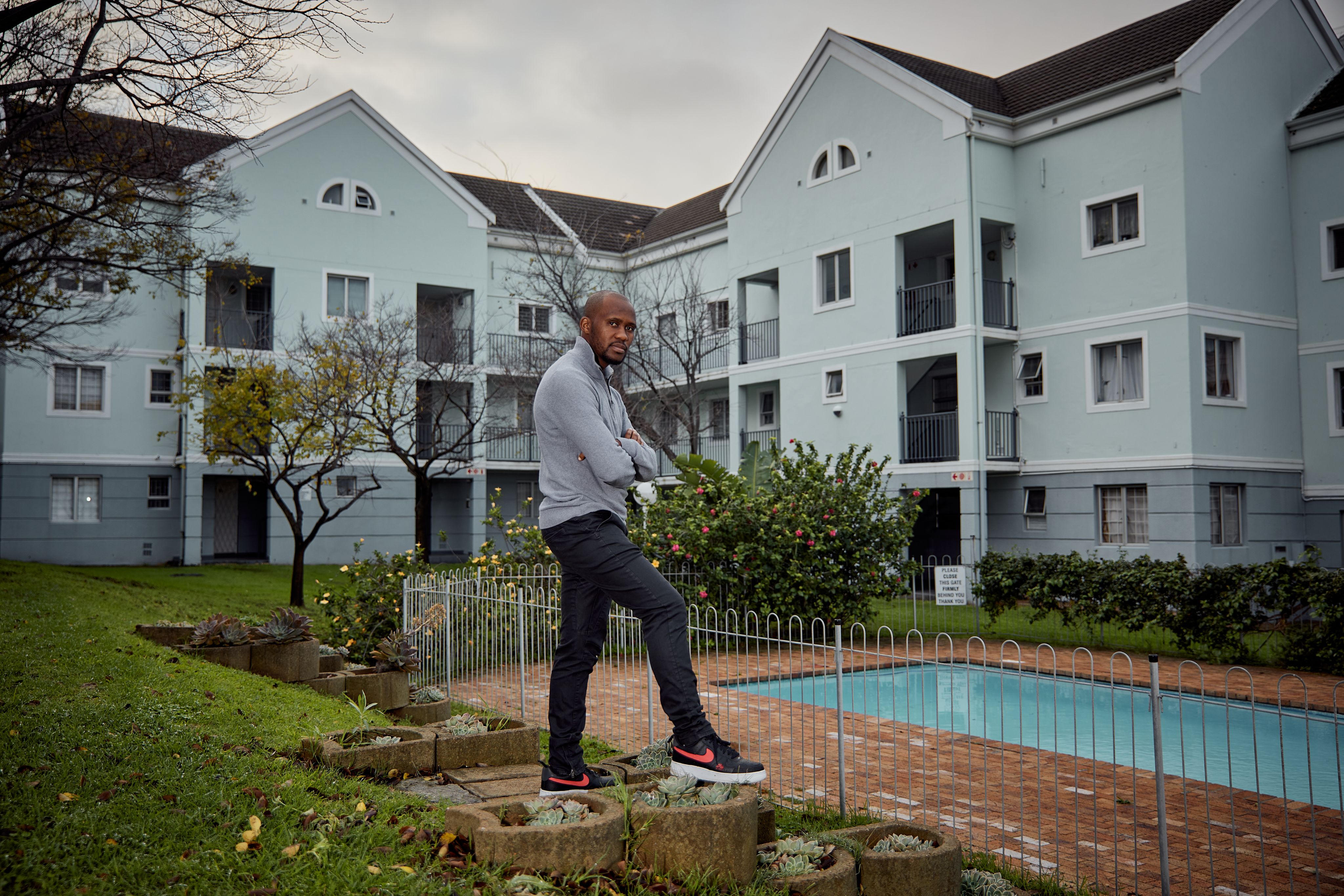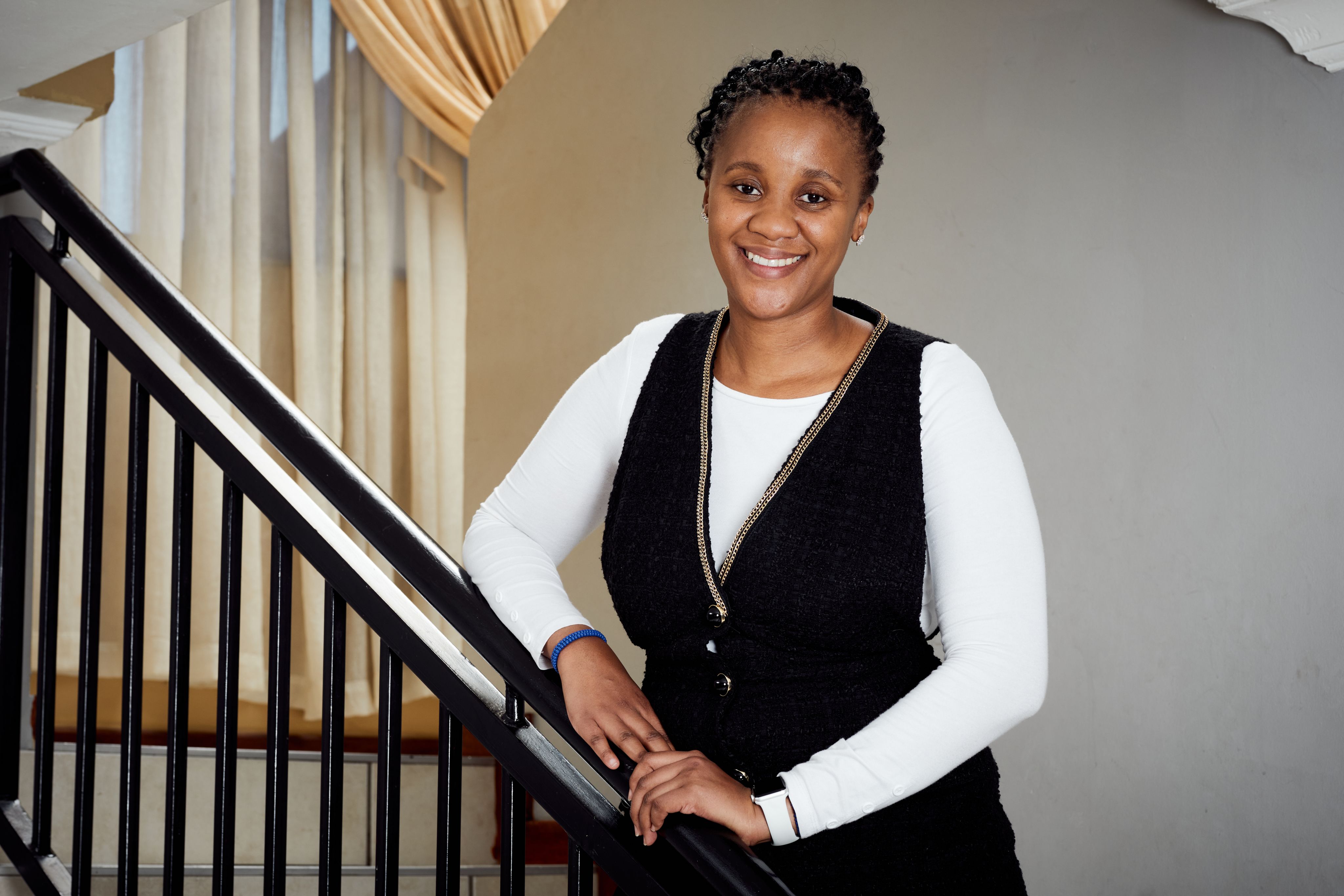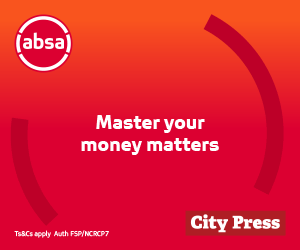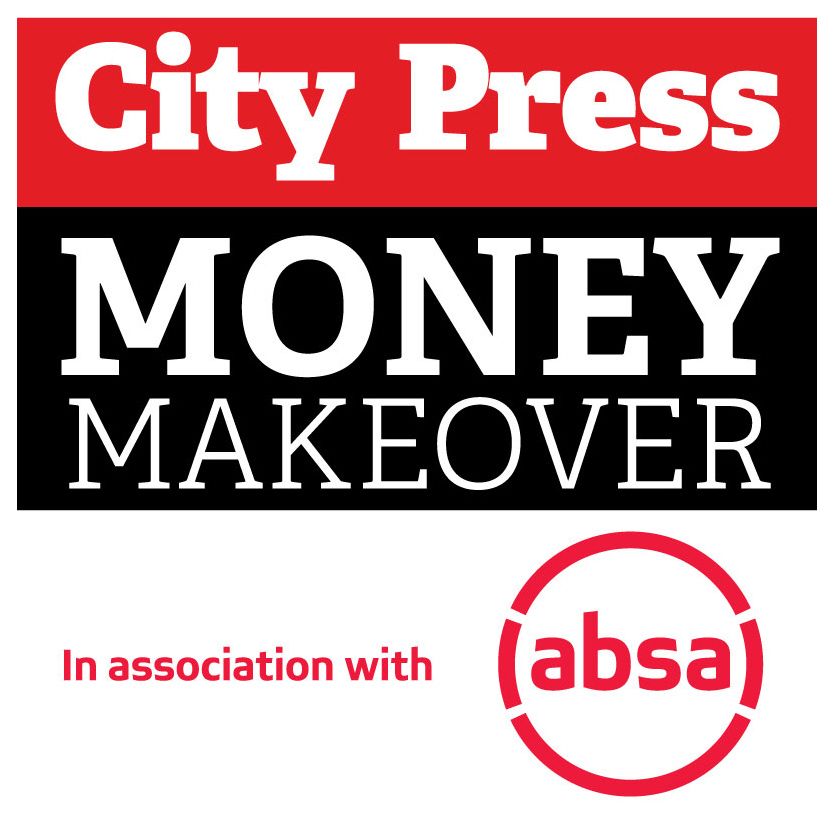Planning to own a home
Banks have calculators on their websites, which assist you to find out what your mortgage repayment would be. First check what you can afford.
Follow six ordinary South Africans as they take up the Absa/City Press Money Makeover Challenge and undergo a money makeover bootcamp over six months. Each candidate has been allocated their own Absa financial adviser. The candidates are required to complete certain financial tasks and stick to the budgets set out for them. Personal finance expert Maya Fisher-French shares their stories.
For most young people, buying a home is a financial priority, however, this is a significant purchase, and it is important to get your finances in order first. Rather than rushing into home ownership, take an extra year or two to make sure you can qualify for the best rate, have built up a deposit and are in a financial position to manage the additional costs of being a homeowner.
When Mlibokazi entered the Money Makeover Challenge, her dream was to buy a family home. While this is still a goal, she and her husband have identified that they need to first focus on getting their finances in order before committing to home ownership.
The first step is to pay off their short-term debt and improve their credit scores. Once that has been achieved, the money that was going to settle debt can be used to start saving for a deposit. The better your credit score and the greater the deposit you have for your home, the more attractive the interest rate you will qualify for.
Molefi has no short-term debt and plans on getting married in the next few years. His goal is to buy a home for his future wife and himself in 2026. By then, his fiancée will have finished her studies and the couple will be in a financial position to jointly buy a home. Molefi has committed to saving R500 000 towards purchasing a R2.5 million home.
Part of the preparation is to find out how much you can afford. Banks have calculators on their websites, which assist you to work out what your mortgage repayment would be.
For example, using the Absa home loan calculator, a property purchase of R2.5 million would have a monthly repayment of R27 092 at the current interest rate of 11.75%. In terms of affordability, the bank uses a rule of thumb of 30% of gross income.
That means, for Molefi and his partner to qualify for a R27 000 mortgage repayment, they would need a gross (before tax) household income of R90 000.
Molefi will also need to consider the costs of purchasing a home. These include transfer costs paid to the conveyancing attorney, transfer duty (tax) on a property valued at more than R1 million and bond registration costs.
According to the Absa calculator, based on a purchase price of R2.5 million, Molefi will pay transaction costs of R166 000. So, of his R500 000 savings, only R334 000 will be available as a deposit.
If Molefi puts down a deposit of R334 000, he will pay R23 473 a month. If he maintains his excellent credit score, combined with the deposit, he may qualify for an interest rate at 1% below prime. This would reduce his repayment to R21 989.
Then he and his partner would need a household income of R70 000 to qualify. By taking the time to build up a deposit, Molefi will make his dream home more affordable.
The best way to understand your mortgage costs is to apply for a pre-approved mortgage. Ask your bank what mortgage they would approve, at what rate and the monthly repayment. Having a pre-approved mortgage also puts you in a stronger position as a buyer. A seller is more likely to agree to an offer if they know the bond is likely to be approved.
But what will it cost to run the home?
When making the decision to switch from renting to buying, and when calculating what you can afford, make sure you add in all the other costs that come with home ownership – it is not just about the monthly mortgage payment.
There are more costs to home ownership than there are for someone renting. You will have to pay rates and taxes, utility connection fees, levies and maintenance. These could add up to 30% of your mortgage costs. Molefi needs to add these running costs as well as electricity and water to his affordability assessment.
Once Molefi starts to look for properties, he must ask the estate agent to provide a statement to illustrate all the monthly costs. He must ask for the rates, utility and levy bills.
If the property is on a pre-paid meter, he should ask to see the amount the current homeowner is paying each month. It may be worth it for Molefi to spend the money for a home inspection before he decides to purchase, so he knows of any defects that either the homeowner must rectify or he must budget for in terms of maintenance. A home inspection costs about R4 500.

First home subsidy
If you are a first-time homeowner and earn less than R22 000 a month, you may qualify for the government housing subsidy programme – finance-linked individual subsidy programme.
The percentage of the subsidy is determined by your salary. For example, a person earning R12 301 to R12 500 would qualify for a subsidy of R105 537. A person earning R21 801 to R22 000 would qualify for a R38 911 subsidy.
To qualify, you must be in the process of purchasing a property or have made a purchase in the last 12 months. You would need to have an approved mortgage before claiming the subsidy.
While you would have to meet the bank’s affordability assessment without the subsidy, you could use the subsidy to offset your transaction costs or provide a deposit.
The bank does not handle the subsidy; it must be claimed from the National Housing Finance Corporation through their first home finance division.
You can email them on firsthomefinanceenquiries@nhfc.co.za

Tip
Once you understand how much more home ownership will cost, put this money away each month towards your deposit. Open a savings account and call it My Home – commit a monthly debit order or stop order so that the money is out of your account before you spend it.
Saving this money will not only provide you with the money to pay the fees and deposit, but you will also have a better understanding of whether you can afford to be a homeowner. If you are struggling to put those extra funds away, then you may need to revise your idea of the house you can afford.
Monthly bond repayment on a R2.5 million home
|
Interest Rate |
11.75% |
11.75% |
10.75% |
|---|---|---|---|
|
Deposit |
R0 |
R334 000 |
R334 000 |
|
Installment |
R27 092 |
R23 473 |
R21 989 |
|
Total repayment |
R6 502 242 |
R5 633 542 |
R5 277 556 |
|
Total interest |
R4 002 242 |
R3 467 542* |
R3 111 556** |
*By putting down a R334 000 deposit, Molefi would save R534 700 in interest
**If he qualified for an interest rate of one percentage point below prime, he would save a further R355 986 in interest
Purchasing costs for a R2.5 million property
|
Transfer fees |
R34 495 |
|---|---|
|
Bond registration fees |
R34 495 |
|
Transfer duty |
R91 000 |
|
Total purchasing costs |
R166 000 |
Find out more about the contestants and their advisers here:
If you really want to get your finances in order, you have to start tracking your spending. If you cannot commit to that, it is unlikely you will be able to reach your goals.
City Press will follow the candidates’ progress on the first and third week of each month, as well as online on the Money Makeover page:
Follow the journey – and join in – @CPMoneyMakeover and #CPMoneyMakeover on Facebook and Twitter
Absa Enterprise Development assists SMEs with access to business development support, markets access and access to funding based on certain criteria’s being met. For further information on Absa Enterprise Development you can email ed@absa.africa
You can follow the story on social media #CPMoneyMakeover
Subscribe below for the Money Makeover Newsletter










